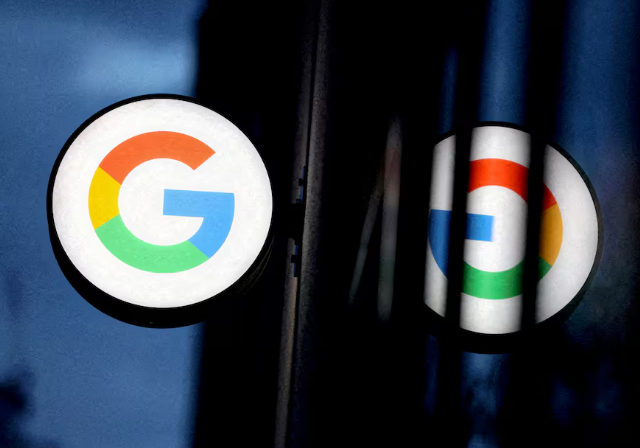Alphabet’s Google (GOOGL.O) must sell its Chrome browser, share data and search results with rivals, and take additional steps — potentially including selling Android — to end its monopoly on online search, prosecutors argued in court on Wednesday.
The Department of Justice outlined these measures as part of a landmark case in Washington, aiming to reshape how users access information. These remedies, enforceable for up to a decade, would operate under a court-appointed committee to address what the judge in the case identified as an illegal monopoly in search and related advertising within the U.S., where Google handles 90% of searches.
“Google’s unlawful behavior has denied competitors access to critical distribution channels and partners, preventing them from entering the market with innovative solutions,” stated the DOJ and state antitrust enforcers in a Wednesday court filing.
Prosecutors proposed ending Google’s exclusive agreements, through which the company pays billions annually to Apple (AAPL.O) and other device vendors to set its search engine as the default on their devices.
Google criticized these proposals in a statement on Thursday, calling them “staggering.” Alphabet Chief Legal Officer Kent Walker said, “DOJ’s approach represents unprecedented government overreach, harming American consumers, developers, and small businesses while jeopardizing America’s global economic and technological leadership at a critical moment.”
Upcoming Trial
U.S. District Judge Amit Mehta has scheduled a trial on these proposals for April. However, the incoming administration of President-elect Donald Trump and a new antitrust head at the DOJ could potentially alter the case’s direction.
Technical Committee Oversight
Prosecutors outlined sweeping proposals, including barring Google from re-entering the browser market for five years and potentially forcing Google to sell its Android mobile operating system if other remedies fail to restore competition. The DOJ also proposed prohibiting Google from acquiring or investing in search rivals, query-based AI products, or advertising technology.
The measures would also give publishers and websites the option to exclude their content from Google’s AI training datasets. A five-member technical committee, appointed by the judge and funded by Google, would oversee compliance. This committee would hold authority to demand documents, interview employees, and examine software code, according to the filing.
Prosecutors argued that these measures aim to break “a perpetual feedback loop that further entrenches Google” by leveraging additional users, data, and advertising revenue.
Chrome and Android
Prosecutors accused Google of leveraging Chrome, the world’s most widely used web browser, and Android, its mobile operating system, to prioritize its own search engine at the expense of competitors.
They argued that Chrome and Android provide crucial user data that enhances Google’s ability to target ads effectively and profitably. Prosecutors suggested barring Google from requiring Android devices to pre-install its search or AI products.
Google could sell these software assets instead of complying with the new rules. However, any sale would require approval from the DOJ and state antitrust enforcers.
Data Sharing
Under the proposals, Google must license search results to competitors at minimal cost and share user data with rivals for free. The company cannot collect any user data that it cannot share due to privacy concerns.
Prosecutors developed these measures after consulting with Google competitors, including DuckDuckGo. Kamyl Bazbaz, DuckDuckGo’s head of public affairs, described the proposals as a “big deal” that would lower barriers to competition.
DuckDuckGo has previously accused Google of evading European Union rules requiring data sharing. In response, Google argued that it cannot compromise user trust by sharing sensitive data with competitors.
Google plans to present its own counterproposals in December.

